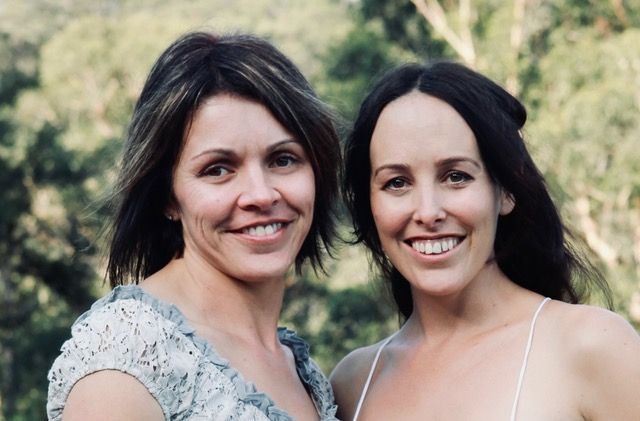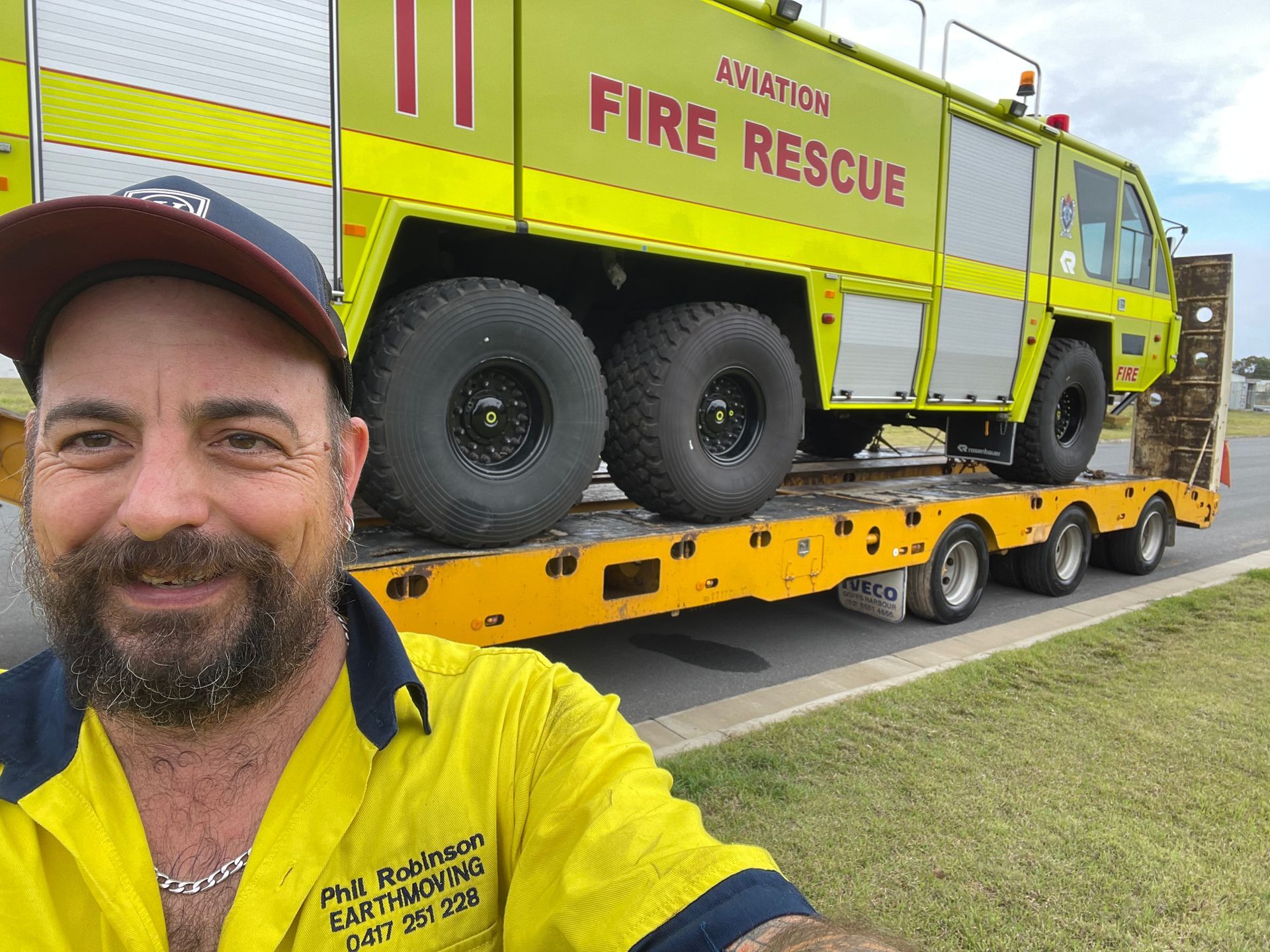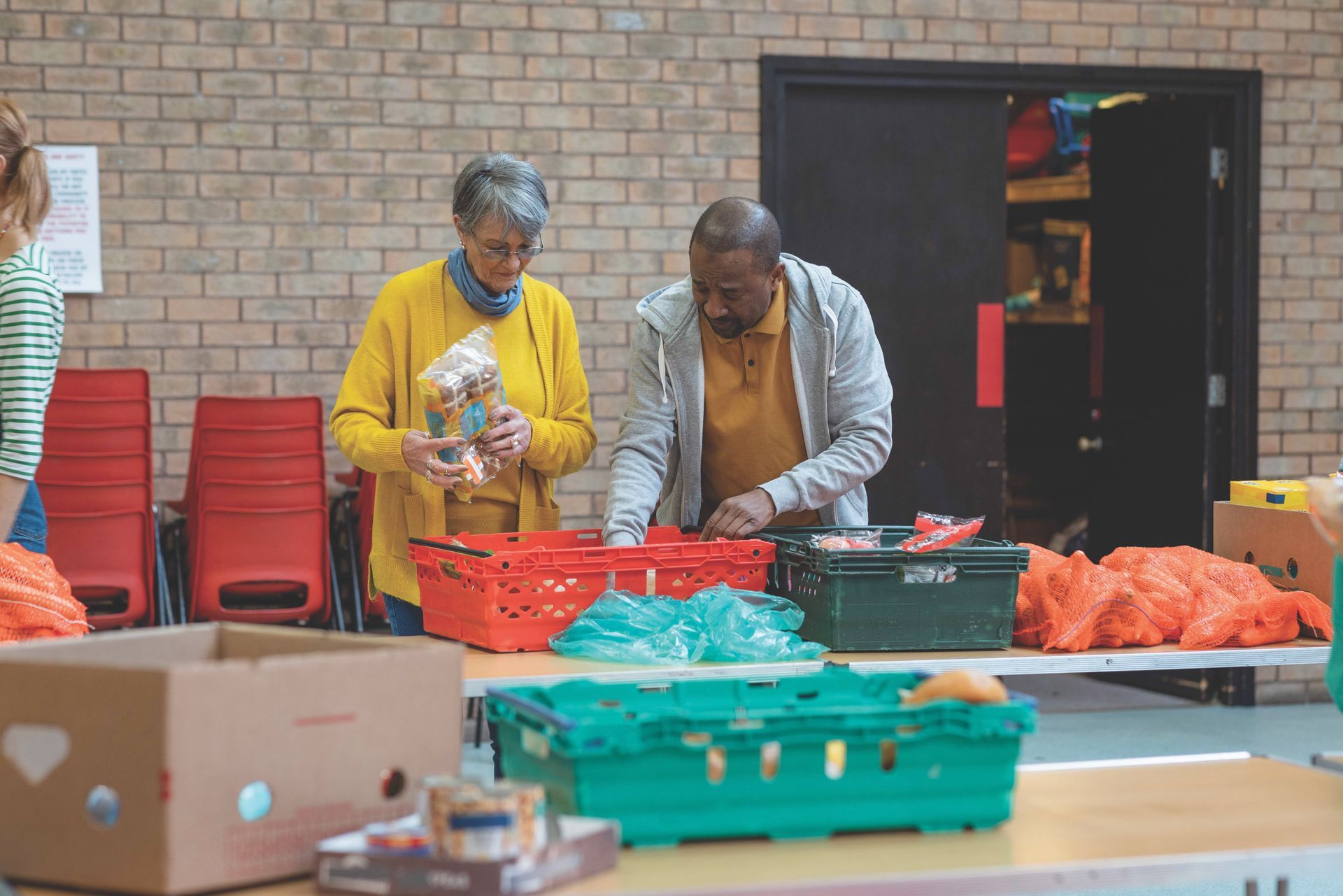It can be difficult to talk about suicide but research[1]
shows you can have a positive influence on someone who may be considering suicide by initiating a conversation with them and supporting them to seek help. You don’t need to be a clinician, a GP, or a nurse to check-in with someone you are worried about.
It is normal to feel worried or nervous about having a conversation with a friend, family member or work colleague who might be experiencing suicidal thoughts, but there are resources available to help you.
If you think someone is having thoughts of suicide, don’t be afraid to ask them if they are. Asking the question does not lead to suicide. It’s not an easy question to ask, so if you don’t feel confident, a good first step is to call a crisis helpline to seek some immediate advice. You can find a list of available services at www.ruok.org.au/findhelp.
How do I ask directly if they’re having thoughts of suicide?
You might say something like: “People who feel the way you do may be thinking about suicide. Have you thought about killing yourself?”
If they say yes, the most important things for you to do are to:
- Keep them safe – do not leave them alone.
- Get immediate professional help for them.
To keep them safe, remove any dangerous items from their physical location, particularly if they have mentioned a suicide plan.
If they share details of their plan with you, don’t agree to keep these or their suicidal thoughts a secret. Keep talking and listening to them.
Be positive about the role professionals can play in helping them through tough times.
You can say things like:
- “I think it’s time to link in with someone who can support you. I can help you find the right person to talk to.”
- “You’re not alone. We can figure this out together”
- “Who’s a person you trust? I would like to call them so we can both help.”
Getting them to professional help can start with any of these options:
- Calling a crisis support line together
- Going with them to a hospital emergency department
- Taking them somewhere that feels safe to them but where they won’t be alone.
If you are concerned about someone, learn more about how to have a conversation and provide support at www.ruok.org.au/you-can-talk. #YouCanTalk is a national suicide prevention campaign, led by some of Australia’s mental health and suicide prevention organisations, which aims to empower and increase confidence when it comes to talking about suicide.
If you, or someone you know, needs support or is considering suicide, call Lifeline (13 11 14), Kids Helpline (1800 55 1800), Beyond Blue (1300 22 4636) or 000 if life is in danger. You can find a comprehensive list of available services at
www.ruok.org.au/findhelp.
[1] Nicholas, A., Pirkis, J., Rossetto, A., Jorm, A., Robinson, J., & Reavley, N. (2017). Suicide Prevention Research and Campaign: Integrated findings and recommendations. (https://www.beyondblue.org.au/docs/default-source/research-project-files/suicide-prevention-research-and-campaign-integrated-report-final.pdf?sfvrsn=49fcefea_6)






















